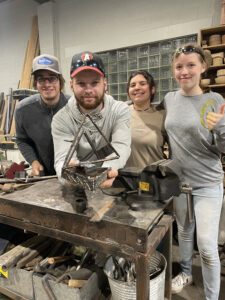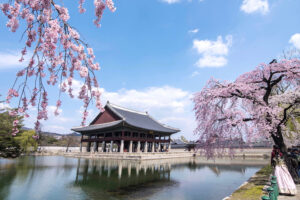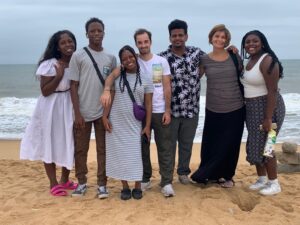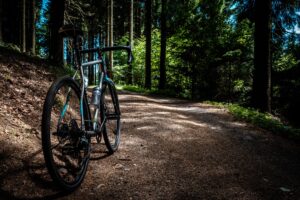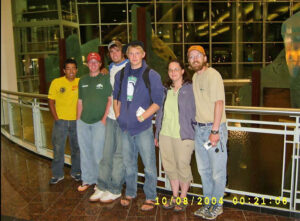The civil rights struggle stepped out of history and came to life for 12 alumni of Mennonite Mission Network short-term service programs. From Mar. 9–16, Arloa Bontrager, SOOP and Youth Venture director, and Susan Nisly, Service Adventure director, led a learning tour through Mississippi. Each tour participant had served in one of Mission Network’s smorgasbord of mission opportunities designed to help people in every stage of life share their gifts with others.
The itinerary included the Service Adventure unit in Jackson and workdays with members of the unit’s hosting congregation, Open Door Mennonite Church. Tour participants also immersed themselves in the history and vision of Pine Lake Fellowship Camp, a SOOP location near Meridian, and learned about the ministry of Jubilee Mennonite Church. More workdays in Mashulaville, where Mennonites have served with African-American and Choctaw communities for six decades, were a welcome boost to the Mennonite Service Center there.
A visit to the Mississippi Civil Rights Museum in Jackson deeply impacted tour group members as they learned about atrocities that aren’t recorded in school history books. Exhibits took on flesh and blood as participants later sat on porches and in church fellowship halls listening to firsthand stories of those who had experienced the events illustrated in the museum displays.
Scott Nelson, a Mennonite Voluntary Service alumnus, reflected on new understandings about race that occurred during the tour. Nelson, who now lives in St. Louis, Missouri, wrote about how “eerily similar” history is to what happened in Ferguson, a St. Louis suburb, just five years ago, when a police officer fatally shot an unarmed 18-year-old African-American youth, Michael Brown, Jr.
“I feel too many of us today are guilty of the MLK quote [about sincere ignorance]. I witnessed [scenes from the 1960s] in 2014. Black fear is REAL … lots of Whites disregard these fears … we, as White people, must learn to just listen to Black people and their perspective,” Nelson wrote.
Nelson sees that the roots of “weeds of racism” have remained dormant under the surface of our society, despite civil rights laws. He asks, “What are we willing to do to uproot the powers and principalities [of racism]?”
Watch the video above for more highlights from that trip and stay tuned for the next alumni tour to take place fall 2019!

